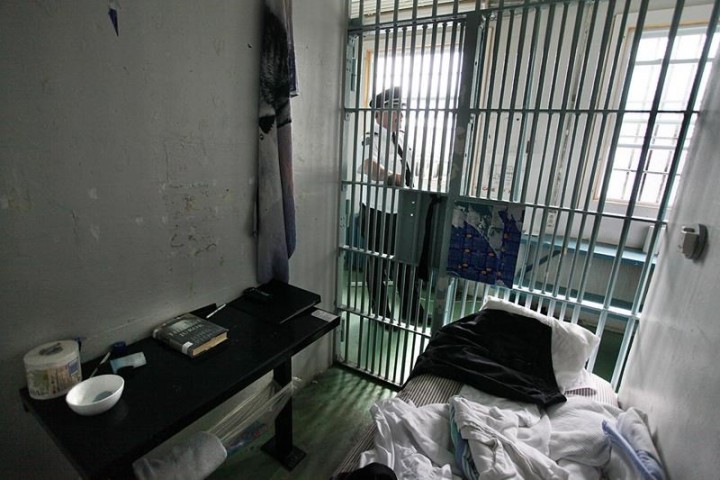OTTAWA — The federal auditor general says Canada’s prison service has not given offenders timely access to programs to help ease them back into society, including courses specific to women, Indigenous people and visible minorities.
Auditor general Karen Hogan found Black and Indigenous offenders experienced poorer outcomes than any other groups in the federal correctional system and faced greater barriers to a safe and gradual return to the outside world.
Hogan pointed out her office raised similar issues in audits in 2015, 2016 and 2017, yet the correctional service has done little to change the policies, practices, tools and approaches that produce these differing outcomes.
Hogan says disparities were present from the moment offenders entered federal institutions.
The process for selecting security classifications saw Indigenous and Black offenders assigned to maximum-security institutions at twice the rate of other groups of offenders.
They also remained in federal custody longer and at higher levels of security before their release.
The audit found that timely access to correctional programs continued to decline across all groups of offenders. Access to programming, which teaches crucial skills like problem solving and goal setting, worsened during the COVID-19 pandemic.
Of men serving sentences of two to four years who were released from April to December 2021, 94 per cent had not completed the correctional programs they needed before they were first eligible to apply for day parole.
“This is a barrier to serving the remainder of their sentences under supervision in the community,” the report says.
The prison service needs to find a different way to organize programming, because “that timely access is so critical to an offender’s successful path forward,” Hogan said Tuesday at a news conference.
Correctional service efforts to support greater equity, diversity and inclusion in the workplace also fell short, leaving persistent barriers unresolved, the report says.
Close to one-quarter of management and staff had not completed mandatory diversity training a year after the deadline.
In addition, the prison service had not established a plan to build a workforce that reflects the diversity of its offender populations, which has particular relevance for institutions with high numbers of Indigenous and Black offenders, the report says.
Hogan noted the correctional service has acknowledged systemic racism in the system, initiating an anti-racism framework to identify and remove systemic barriers.
The service has agreed to act on the auditor general’s recommendations to remedy the various issues she identified.
Public Safety Minister Marco Mendicino stressed efforts toward “rooting out racism in all of its forms” by diversifying the prison service’s workforce, improving our training and collecting data to inform policies. “And we know we’ve got a long way to go.”
Mendicino noted he recently directed the correctional service head to create a new position of deputy commissioner for Indigenous corrections, saying it will ensure the overrepresentation of Indigenous offenders in the system, especially women, is addressed.
This report by The Canadian Press was first published May 31, 2022.
The Canadian Press
Related






























